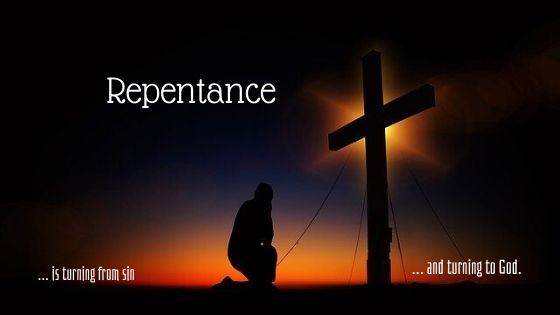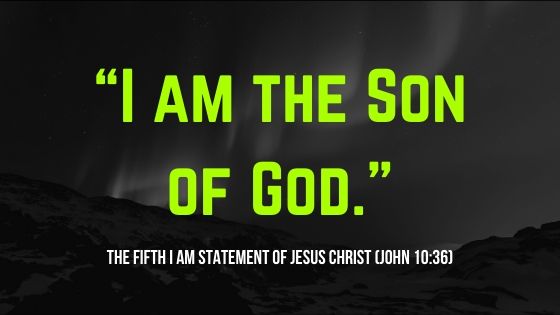Is Heaven A Real Place? Where Is It?
It has been said that everyone thinks about heaven. However, some people say heaven isn’t a real place. Rather, it is a state of mind, a fancy, an abstraction, wishful thinking, a figure of speech, or a sentimental dream. Are these people right? Or is there something that awaits us in the hereafter? When it … Read more










